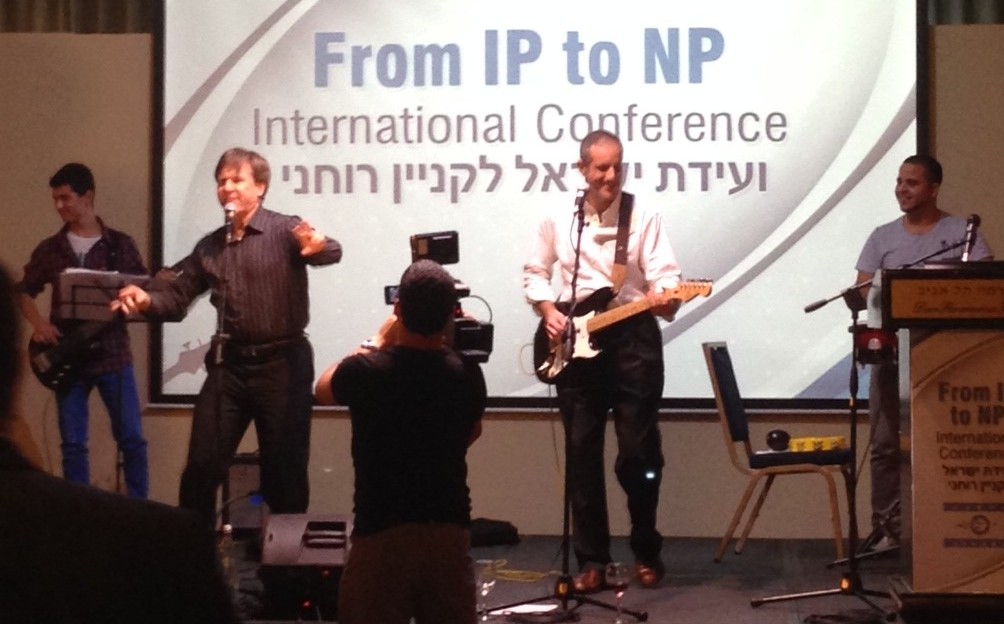The world I live in is a very surreal space. I’m a tenured law professor at a decent university. I make a good salary and people pay for me to travel the globe and pontificate on pretty much whatever I feel like talking about. Sweet.
But I see myself as first and foremost a service provider. I still practice law and I make my clients’ problems my own. I am proud to to be able to do something useful for them, and I am keenly aware that they could go elsewhere for legal services.
I am also a “maker.” I bake bread, make other foods, and even constructed a bow and arrows for my kids from “scratch.” I compose and improvise music and believe in the power of music to be a transcendent experience between the performer and listener.
But most importantly, for many years I had to earn a living *directly* through performances, sales, and services. A regular, livable salary was a dream. If I could not sing or play guitar for a gig, I did not get paid. If I failed to make my quota in door-to-door cold call sales, I did not receive the commission that got me beyond a minimum wage. If I was too sick or tired to bartend, wait tables, shuck oysters, park cars, bag groceries, wash dishes, flip burgers, or wash floors (all jobs I have held), I did not get paid. If I could not get law clients after leaving established law firms, I did not get paid.
And even when I *did* perform, make quota, or serve clients, if the club/customer/client decided to welch on paying, it was very hard to collect. So I was still out the money and couldn’t pay rent/mortgage or buy food.
Yet, I now live in a through-the-looking-glass world where everyone has a salary and gets paid regardless of what they actually do on a given day, or what customers/clients/students think. Tonight at a conference dinner with some wonderful academics, not one could think of a time in their lives where they had to actually collect their money directly from customers/clients/students, nor where if they did not perform on a given day, they did not get paid that day. Not one of the law professors had ever been directly liable to clients for their advice or for whether they or their law firm actually received amounts billed to clients. They were on salary and had never thought/worried much about receivables. (In fact one had no idea what I meant by the terms “receivables” or “accounts receivable”!).
Yet, they were all adamant that law school should not become a “trade school.” That it should not teach students how to practice law, or at most should leave that to upper division electives or clinics. That one professor’s experience with a patent class that actually taught students how to prosecute patents was boring and worthless.
“Where will they learn how to practice law?” I asked.
“They don’t need to learn that, it is more important they learn the principles and theory.”
“OK, but would you hire a lawyer who did not know how to practice?” Would you submit to open heart surgery from a doctor who had learned only principles and not how to operate?” I asked.
Well, they will learn somewhere else.”
Where?” I pressed.
“Law firms will teach them, I suppose.”
“Ah, now we are getting somewhere. Law firms can no longer do this because clients such as Walmart will not pay for junior associates’ time anymore.”
“We are concerned about a world in which Walmart has an influence on legal education.”
“Fair enough, *but* the point is that the world–and the economics–have changed. The legal profession used to get away with hiding its “residency” program in fancy firms that could get clients to subsidize it. That world is gone. Law firms can’t bill out junior associates anymore so they go home and kick the dog–they tell law schools we have to produce “practice ready” students. This is actually good. I have always thought we should teach students to practice law (along with the principles and theory of law).”
“Why does it matter what law firms get paid . . . ? ”
And that is the point where I lose it. For colleagues who know and embrace economics in their scholarship, they flunk “practical econ 101.” If law firms cannot collect money on associates’ time, they cannot pay associates. When they cannot pay associates they do not hire associates. When they cannot hire associates, law schools have alumni who cannot get jobs. When alumni cannot get jobs, prospective students don’t come to law school. When students do not come to law school, tuition revenues drop. When tuition levels drop, law schools cannot pay their faculty.
This is hardly about full employment for law professors. Far from it. The point is rather that it very much does matter whether law firms get paid for associates’ time. And that ability now rests squarely in our hands as law faculty. We can maintain the status quo of “publish or perish” at all costs, and continue cranking out metaphysical articles on “law and X,” or we can get serious about teaching policy, principles, *and* how to practice.
In the end it comes down to viscerally knowing what it means to have to deliver a product or service *and* collect money directly from clients. Not through an intermediary like a firm or university that pays our salary even if the client/student does not pay her bills. But *directly* from the client or student. And where you won’t make rent or your mortgage, or be able to buy food, if you fail.

 RSS
RSS Twitter
Twitter
